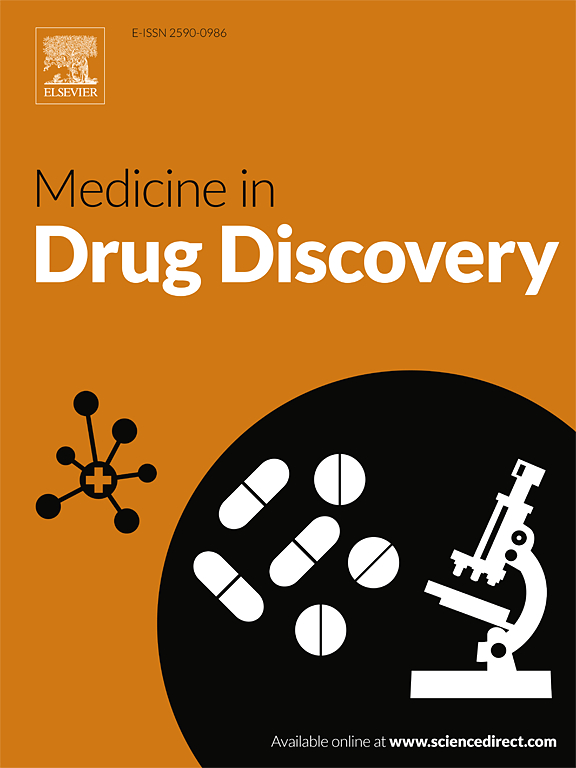了解乳腺癌的耐药性:机制和新兴的治疗策略
Q2 Medicine
引用次数: 0
摘要
乳腺癌是世界范围内癌症相关死亡的主要原因之一,而耐药性对其有效治疗提出了巨大挑战。本文对乳腺癌耐药的复杂机制进行了详细的阐述,主要分为内在耐药和获得性耐药两种类型。详细讨论了激素受体介导的耐药性,包括孕激素受体和雌激素受体途径,强调信号级联和表观遗传修饰的改变。类似地,人类表皮生长因子受体2阳性乳腺癌在通过突变、受体串扰和下游信号中断产生耐药性中的作用也得到了彻底的研究。为了对抗乳腺癌的多药耐药,已经探索了几种治疗策略。这篇综述讨论了纳米疗法如何在管理药物外排和增强药物靶向能力方面显示出希望。本文讨论了联合治疗策略,因为它们旨在通过多个同时的靶点途径来对抗耐药性。植物化学物质的应用代表了通过其天然生物活性化合物来控制耐药性的新途径,这些化合物具有抗癌能力。了解这些分子机制和新的治疗干预措施对于提高乳腺癌预后和制定更有效的对抗耐药性策略至关重要。本文章由计算机程序翻译,如有差异,请以英文原文为准。

Understanding drug resistance in breast cancer: Mechanisms and emerging therapeutic strategies
Breast cancer is one of the primary reasons for cancer-related death all around the world, and drug resistance poses a big challenge in its effective treatment. This review gives a detailed explanation regarding the complex mechanisms causing drug resistance in breast cancer, that are of two types one being intrinsic, and the other being acquired resistance. An elaborate discussion regarding hormone receptor-mediated resistance, including progesterone receptor and estrogen receptor pathways, is provided, emphasizing alterations in signaling cascades and epigenetic modifications. Similarly, the role of human epidermal growth factor receptor 2-positive breast cancer in developing resistance through mutations, receptor crosstalk, and downstream signaling disruptions is thoroughly examined. To combat multidrug resistance in breast cancer, several therapeutic strategies have been explored. This review discusses how nanotherapeutics show promise in managing drug efflux alongside enhancing drug targeting capabilities. The article discusses combination therapy strategies because they aim to combat resistance through multiple simultaneous target pathways. The application of phytochemicals represents a new approach for managing drug resistance through their natural bioactive compounds, which demonstrate anti-cancer capabilities. Understanding these molecular mechanisms and novel therapeutic interventions is essential for enhancing breast cancer outcomes and developing more effective strategies to combat resistance.
求助全文
通过发布文献求助,成功后即可免费获取论文全文。
去求助
来源期刊

Medicine in Drug Discovery
Medicine-Pharmacology (medical)
CiteScore
8.30
自引率
0.00%
发文量
30
审稿时长
21 days
期刊介绍:
 求助内容:
求助内容: 应助结果提醒方式:
应助结果提醒方式:


